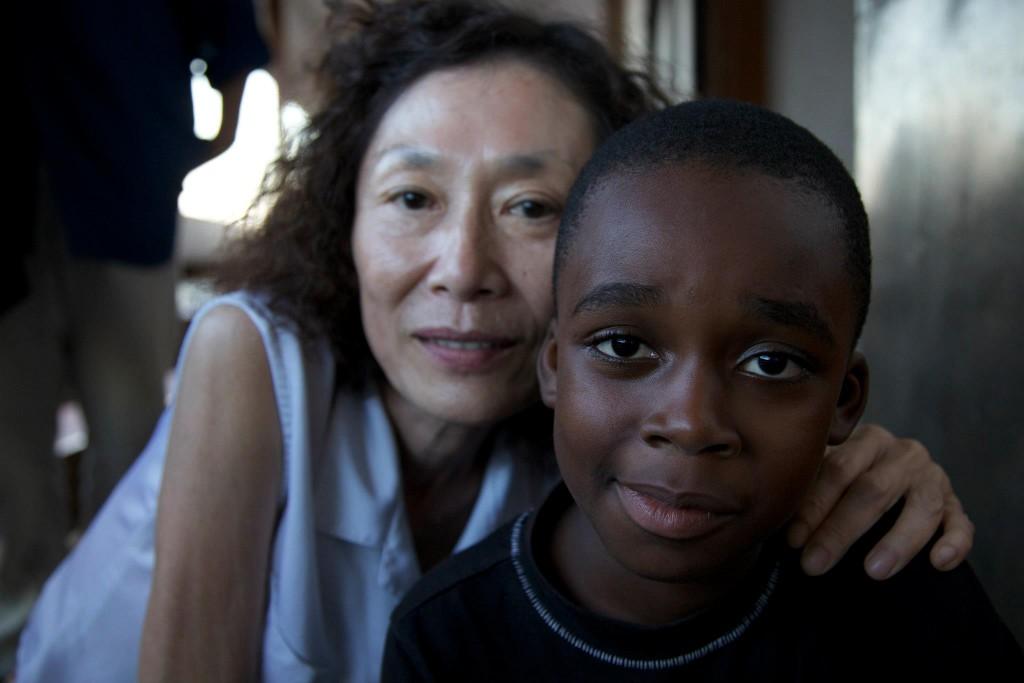Indonesians are imprisoned for voicing criticism about anything from hospital service to corruption in the government.
According to a report from Human Rights Watch, the consequences of the Criminal Defamation Law are in violation of Indonesia’s Constitution and prohibits citizens from publicizing statements—even if true—that could potentially harm someone’s reputation.
Under the law, if an individual defames someone, they can be imprisoned for up to 16 months, regardless if the accusations are true. If the individual being defamed is a public official, the sentence extends to 18 months. It forbids anyone to publicly express comments that could defame an individual.
In more extreme cases, individuals accused of defamation on the Internet—breaking the Electronic Information and Transaction Law (ITE)—can be subjected to six years in prison and a fine of 1 billion rupiah (approximately US$106,000), according to the Human Rights Watch report.
Gatot Dewa Broto, the spokesman for the Ministry of Communications and Information Technology said, “The [ITE] law itself is good,” it’s just that the police and the prosecutors are misusing it.
“Indonesians do not know limitations on their rights,” said Joe Saunders, deputy program director at Human Rights Watch. Saunders added that the “sheer arbitrariness” of defamation laws are what take people by surprise when they find out all the restrictions.
Indonesia adopted the Criminal Code from the Netherlands in 1918, where individuals can also go to jail for spreading information about someone with the intent to harm their reputation.
One of the best known cases was that of Priya Mulyasari, a 32-year-old mother of two small children who was detained before her trial and then imprisoned for three weeks on the basis that she sent out an e-mail to her friends criticizing the treatment she received at a hospital in Jakarta. “I sent a private e-mail to friends about what really happened and suddenly I am made a criminal.” Mulyasari told Human Rights Watch.
Now that “whistle blowers” who want their voices to be heard are realizing their restrictions, they are reluctant to pursue changes in legislation, explained Saunders. However, awareness is spreading in Indonesia since each case gets prominent coverage by local media. The capital, Jakarta, is not the only area where such cases take place. Similar trials are held in Java and small islands that surround the mainland.
The law reflects the type of government Indonesia saw during President Suharto’s rule from 1965 to 1998 when the country was governed as a police state.
After the trials are over the convicted are faced with more stress socially and personally, and “people look at them differently” Saunders said. For journalists, the law reaches its extreme, as they can lose their jobs and often have difficult times finding work afterward.
“Many in government think that the last 10 years of press freedom has been excessive, that the press has gone too far, and that there is chaos and a lack of respect for state officials” said Leo Batubara, deputy chairman of the Press Council in October 2009.
According to a report from Human Rights Watch, the consequences of the Criminal Defamation Law are in violation of Indonesia’s Constitution and prohibits citizens from publicizing statements—even if true—that could potentially harm someone’s reputation.
Under the law, if an individual defames someone, they can be imprisoned for up to 16 months, regardless if the accusations are true. If the individual being defamed is a public official, the sentence extends to 18 months. It forbids anyone to publicly express comments that could defame an individual.
In more extreme cases, individuals accused of defamation on the Internet—breaking the Electronic Information and Transaction Law (ITE)—can be subjected to six years in prison and a fine of 1 billion rupiah (approximately US$106,000), according to the Human Rights Watch report.
Gatot Dewa Broto, the spokesman for the Ministry of Communications and Information Technology said, “The [ITE] law itself is good,” it’s just that the police and the prosecutors are misusing it.
“Indonesians do not know limitations on their rights,” said Joe Saunders, deputy program director at Human Rights Watch. Saunders added that the “sheer arbitrariness” of defamation laws are what take people by surprise when they find out all the restrictions.
Indonesia adopted the Criminal Code from the Netherlands in 1918, where individuals can also go to jail for spreading information about someone with the intent to harm their reputation.
One of the best known cases was that of Priya Mulyasari, a 32-year-old mother of two small children who was detained before her trial and then imprisoned for three weeks on the basis that she sent out an e-mail to her friends criticizing the treatment she received at a hospital in Jakarta. “I sent a private e-mail to friends about what really happened and suddenly I am made a criminal.” Mulyasari told Human Rights Watch.
Now that “whistle blowers” who want their voices to be heard are realizing their restrictions, they are reluctant to pursue changes in legislation, explained Saunders. However, awareness is spreading in Indonesia since each case gets prominent coverage by local media. The capital, Jakarta, is not the only area where such cases take place. Similar trials are held in Java and small islands that surround the mainland.
The law reflects the type of government Indonesia saw during President Suharto’s rule from 1965 to 1998 when the country was governed as a police state.
After the trials are over the convicted are faced with more stress socially and personally, and “people look at them differently” Saunders said. For journalists, the law reaches its extreme, as they can lose their jobs and often have difficult times finding work afterward.
“Many in government think that the last 10 years of press freedom has been excessive, that the press has gone too far, and that there is chaos and a lack of respect for state officials” said Leo Batubara, deputy chairman of the Press Council in October 2009.




